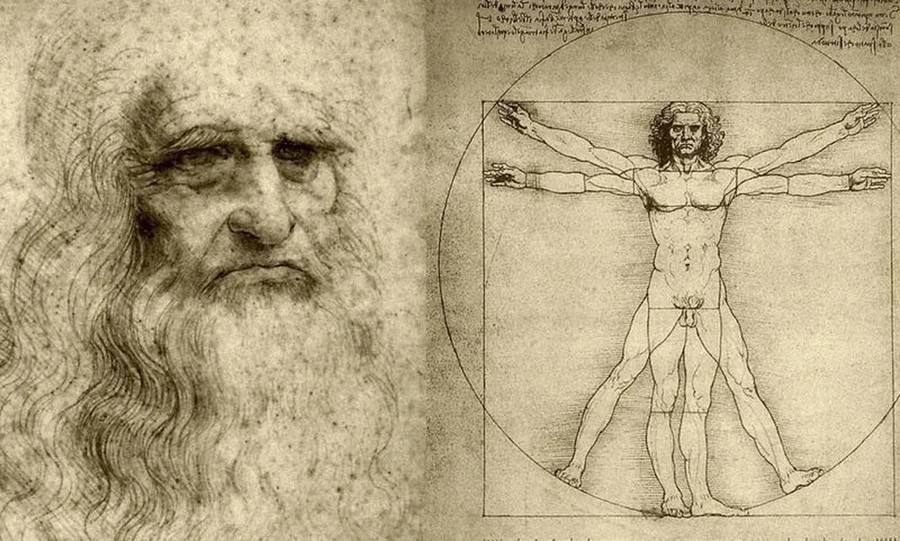In a nearly flooded cave in eastern Spain, archaeologists have uncovered a remarkable set of discoveries that shed light on ancient Roman ritual practices.
While exploring the Cova de les Dones—literally the “Cave of the Women”—a team of archaeologists stumbled upon objects dating back nearly 2,000 years. These unexpected finds offer a rare glimpse into spiritual customs from the Roman era.
The discovery was made when the team, carefully navigating the dark cave with flashlights, spotted a rusted coin wedged between the ceiling and a stalactite. Lab analysis revealed the coin dates from the reign of Roman Emperor Claudius, who ruled between 41 and 54 AD. Experts believe the coin was deliberately placed in the cave as an offering, likely tied to ancient rituals.
But the coin was just the beginning. The team also uncovered 15 inscriptions carved into the cave walls—likely etched during the Roman occupation of the region. Though their full meaning remains unclear, these engravings, along with the coin, suggest the cave may have once served as a sacred site or sanctuary.
The discovery has taken researchers by surprise, not only because of the cave’s challenging conditions but also due to the rare insight it provides into the spiritual life of Roman-era inhabitants of the Iberian Peninsula. As analysis continues, the cave’s mysterious past is slowly being brought to light—one inscription at a time.






